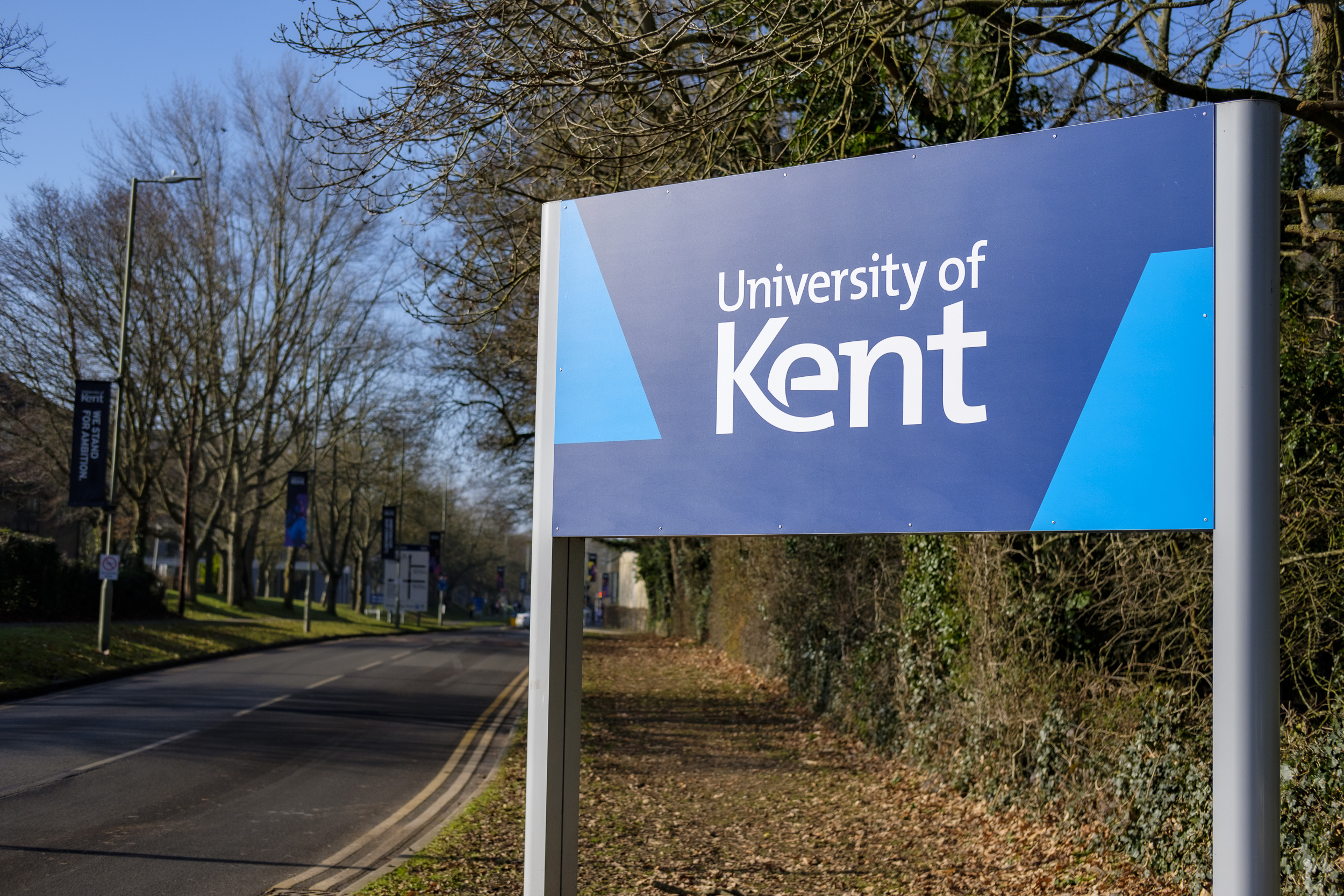Like many of you, I have been extremely concerned by the resumption of airstrikes and violence in Gaza following the moment of hope offered by the recent ceasefire. The impact on those living there is frankly unimaginable, and the pain and worry for those in our community with friends and family in the Middle East must be incredibly hard.
In recent weeks I have continued to meet regularly with students and staff affected by events in Gaza. As well as being humbling, I am also grateful to those who have shared thoughts on what we could be doing better to support our community. Several actions are being put in place as a result of this, including work to provide spaces where people can come together for support and discussion, improved signposting of help at the University and clear academic mitigation for people affected by the ongoing crisis. I know students have been putting huge efforts into fundraising for the victims of the current conflict which we are also looking to support.
More broadly, as we have said throughout, I continue to join calls for lasting peace in the region. Violence is never the answer and the continued impact on innocent civilians since the war began is horrifying; it is imperative that continued aid gets into Gaza and that the full release of remaining hostages is supported. I also share colleagues’ grave concern at the impact on universities in Gaza – any educational institution under attack is an attack on the furthering of knowledge, understanding and collaboration, which is what will light the path to peaceful and meaningful solutions.
Alongside this, I want to add clarity to previous updates on how we navigate shared space for different views throughout this. Giving people the space to advocate and promote causes they care about or are expert in is what underlies us as an institution. While we all need to be aware of our impact on others, that does not mean preventing debate – academic freedom is critical to how we work, and being free to criticise the actions of any government, including Israel’s, is a vital part of democracy. What we have tried to do it to ensure everyone is aware of the legal boundaries around this so that we better facilitate discussion. While our commitment to academic freedom provides significant protection for colleagues in expressing their views, direct support for terrorist acts as defined by UK law rightly falls outside of this. This is ultimately a reflection of how anti-terrorism laws are policed in the UK and I have asked colleagues to put together some clearer guidance on this, supported by briefings from Universities UK.
Similarly I have heard those who felt some previous statements came across as uncaring and didn’t reflect the values we try to be consistent in. We have tried hard to correct this subsequently and to reaffirm that, along with supporting our own community at Kent, we stand with all victims of war, wherever and whoever they are, while encouraging dialogue and peaceful solutions at all times. This approach extends to our investments, where we have a commitment that we don’t invest in arms businesses either directly or through pooled funds.
I will continue to update on what the University is doing throughout this war and welcome further thoughts from colleagues on what you would like to see more of. Lots of you will need further opportunities to come together, with on-campus events being supported by the University Operations team and Campus Security. This will continue in the weeks ahead, while I know Kent Union are also determined to support students in both their fundraising and solidarity activity. I hope this provides some useful context and please do get in touch if you have thoughts on what else we should be doing.
